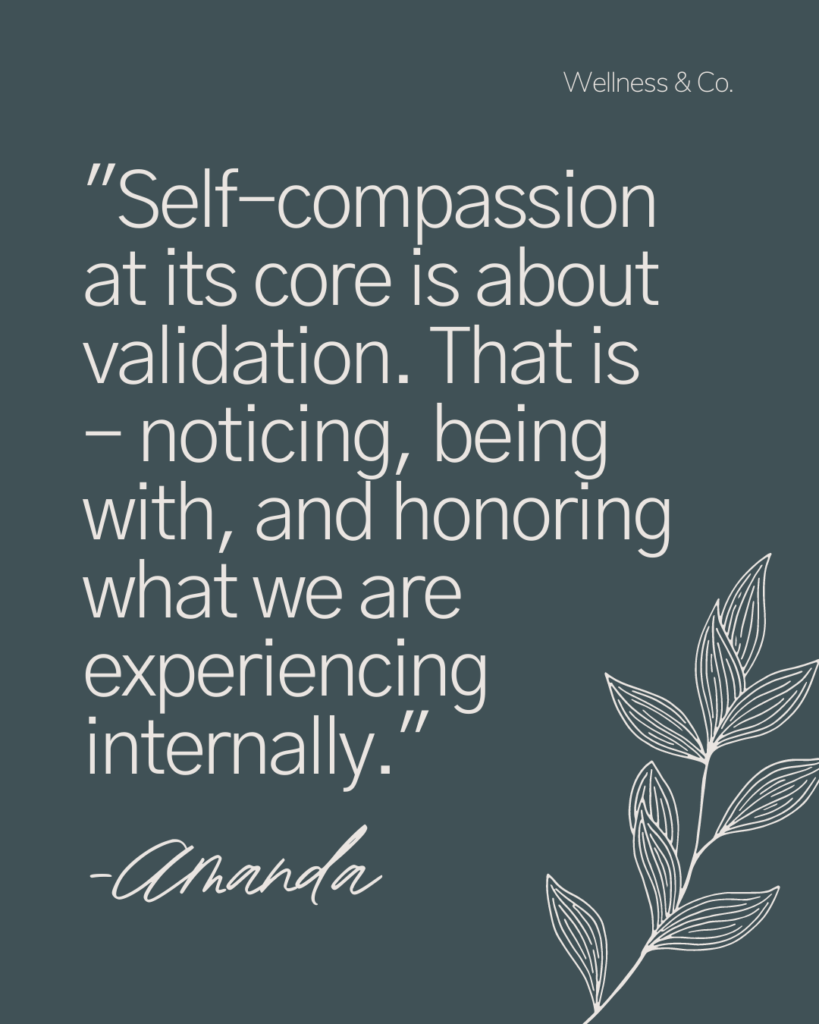Follow
Wellness & Co.
Hi, I'm Dr. K, Wellness & Co. is a growing therapy/coaching practice and educational hub for prospective clients based in Maryland and virtual clients all over the world!
Hi, I'm Dr. K
free guide
e -books
e -course
Four Toxic Communication Styles in Relationships & Their Antidotes
September 20, 2022
Part IV: STONEWALLING


Here we are at the end of our four-week journey together! I hope you have taken the time to really pause, read, and be intentional with the information in these blogs. Gottman’s research-based approach to relationships is at the forefront of marriage and couples counseling for a reason!
As always, before we jump into the next step I want to do a lil’ check-in with ya on Horsemen #3 – contempt. Last week I shared how my incredible dog trainer taught on the importance of positive reinforcement (even for our human relationships!). And this aligns seamlessly with the antidote to contempt; building a culture of appreciation.
So, how did expressing genuine appreciation, admiration, and respect go? Did you do it? What did it feel like? What little, positive things about your partner did you notice and express? How did they respond? What changed in your cycle?
Horsemen #4 – STONEWALLING
Antidote – Do Physiological Self-Soothing (Then Reconnect!)
Stonewalling happens when we energetically withdraw from the interaction while staying physically present. When you picture stonewalling, imagine someone with their arms crossed and not making eye contact. Metaphorically, there is a wall built between you and them.
Learning the why behind behavior is so important, this is what really builds that understanding and creates a solid foundation for real change. And stonewalling? Well, it happens when we feel overwhelmed or flooded.
“The pattern goes like this: The more you feel criticized, the more you turn away. The more you turn away (give cues to the speaker that you are not paying attention), the more your partner attacks. You feel your heart rate climbing and you’re afraid to say anything for fear of making things worse; however, by withdrawing and turning away from your partner you perpetuate a negative spiral in your relationship and the issue remains unresolved. Research shows that stonewalling elevates your heart rate and releases stress hormones like cortisol and adrenaline. When this happens, it is nearly impossible to listen, think creatively and solve the problem constructively.” – Dr. John Gottman
The antidote to stonewalling is to take a self-soothing break for at least 20 minutes and then re-engage with your partner when you feel calmer and are able to constructively express your views. This time allows us to calm our nervous systems, which is what’s needed to have a productive and healing conversation.
Here’s an example:
Stonewalling: Imagine coming home from work and being met with a barrage of critical statements and demands such as, “You’re late again” and, “You forgot to bring home groceries.” You think to yourself, “This is never going to end. I don’t need this. If I tell her what I think, she’ll really explode. It’s not worth it. If I say anything it will just make it worse. Just keep your mouth shut.”
Antidote: Self-soothe.
You recognize that you can’t think clearly, are getting stressed, and you need to calm down. You tell your partner that you need a break and will be back in a half an hour to discuss the issue. After taking a break in which you avoid negative thoughts and do something stress-reducing, like taking a walk or playing your favorite music, return and listen to your partner’s concerns. This time, your partner is careful to bring up the topic in a gentle way and you engage in a constructive discussion.
The last invitation…
Action Step #4
In one of my favorite books Self-Compassion by Kristin Neff she teaches something called a “Self-Compassion Break”. This practice is wildly grounding and transformative when stonewalling is present, because when we are feeling overwhelmed or flooded we first need to meet ourselves with attention and intention.
Self-compassion at its core is about validation. That is – noticing, being with, and honoring what we are experiencing internally.
There are three components to self-compassion we’re going to practice here:
- Self-kindness vs. self-judgment
- Common humanity vs. isolation
- Mindfulness vs. over-identification
When stonewalling occurs, excuse yourself from the situation (politely!) and tap into the stress and discomfort in your body.
1. Say to yourself: “This is a moment of suffering”
That’s mindfulness. Other options include:
- This hurts.
- Ouch.
- This is stress.
2. Say to yourself: “Suffering is a part of life”
That’s common humanity. Other options include:
- Other people feel this way.
- I’m not alone.
- We all struggle in our lives.
Now, put your hands over your heart, feel the warmth of your hands and the gentle touch of your hands on your chest. Or adopt the soothing touch you discovered felt right for you.
3. Say to yourself: “May I be kind to myself”
You can also ask yourself, “What do I need to hear right now to express kindness to myself?” Is there a phrase that speaks to you in your particular situation, such as:
- May I give myself the compassion that I need
- May I learn to accept myself as I am
- May I forgive myself
- May I be strong
- May I be patient
This practice can be used anytime you need it.
As we close out this series, I want to acknowledge you for taking the time to learn about these painful communication patterns and having the courage to work through them. Relationships are the lifeblood of this world, when they’re healthy – we’re healthy. I’m so proud of you and your commitment to inner and relational work!
Big love,
Amanda
Want to learn more about how to heal the painful cycle you are stuck in using Gottman’s approach to couples therapy? Schedule a free consult with Amanda here.
*Source for scripts: The Gottman Institute + Self-Compassion by Kristin Neff
Amanda works with couples and individuals who want to build secure, connected relationships – both within themselves and with the people they love. Using the Enneagram as a powerful framework for awareness and growth, she helps clients understand their patterns, soften reactivity, and create new ways of relating rooted in compassion and emotional safety.
Leave a Reply Cancel reply
CONTACT
Start Here
BLOG
OUR TEAM
SHOP
ABOUT
©2025 Wellness & Co. | All Rights Reserved | Design by EverMint Design Studio
BACK TO TOP
connect with us on instagram
